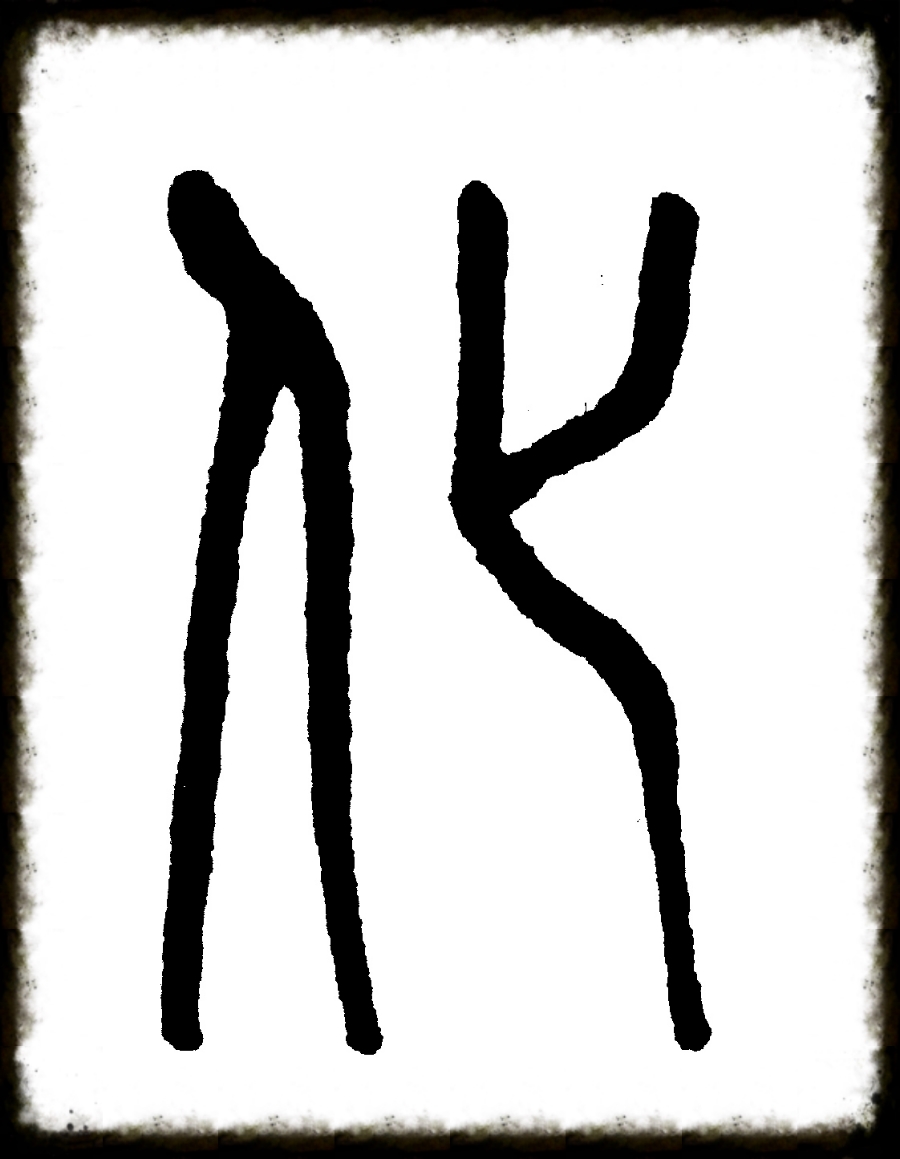CranioSacral Therapy (CST)
“Every treatment protocol should be dictated by the wisdom of the patient’s own body”
- Dr. John Upledger, D.O., O.M.M.
Dr. John Upledger - the founder of CranioSacral Therapy
CranioSacral Therapy (CST) is a highly effective, gentle, touch therapy which supports your body's own natural healing abilities.
It comes out of the tradition of osteopathy in the US and was developed by John Upledger, DO in the 1970s following extensive scientific studies from 1975 to 1983 at Michigan State University, where he served as a clinical researcher and Professor of Biomechanics.
CST is performed using light touch (mostly on the head, torso, and tailbone areas) to assess the balance and functioning of your central nervous system and the craniosacral system.
CST works with the whole body and the source of pain, dysfunction and imbalance simultaneously, encouraging whole body relaxation while facilitating release and relief of pain and restrictions at the root of physical or emotional pain and dis-ease.
CranioSacral Therapy is also an excellent method to support good health, well-being and longevity, and boost your immune system.
Because of its gentle nature, CST can be effective for an extraordinarily broad range of medical conditions and is suitable for almost everyone. It is gentle enough for babies, the elderly, and anyone suffering from acute or chronic physical or emotional pain.
CST is a natural complement to acupuncture, and at 6 harmonies our signature session integrates Acupuncture + CranioSacral Therapy for a more effective and holistic health care approach. Individual CST sessions are also available.
CranioSacral Therapy can help with many types of pain, illness, and physiological dysfunction such as:
Migraines & Headahces
Chronic neck and back pain
Spinal disc disorders & pain
Joint pain
Jaw pain, TMJ dysfunction, & dental pain
Scoliosis
Orthopedic disorders
Brain & spinal cord injuries
Difficulty with coordination, movement, or walking
Chronic fatigue & fibromyalgia
Digestive disorders
Insomnia
Stress and tension-related disorders
Pregnancy and childbirth support
Central nervous system dysfunction
Autoimmune disorders
Post-surgical recovery
Developmental malformations
Infant and childhood disorders
ADHD/ADD
Dyslexia & dyscalculia
Learning disabilities
PTSD
Grief, depression, anxiety
Many other conditions


